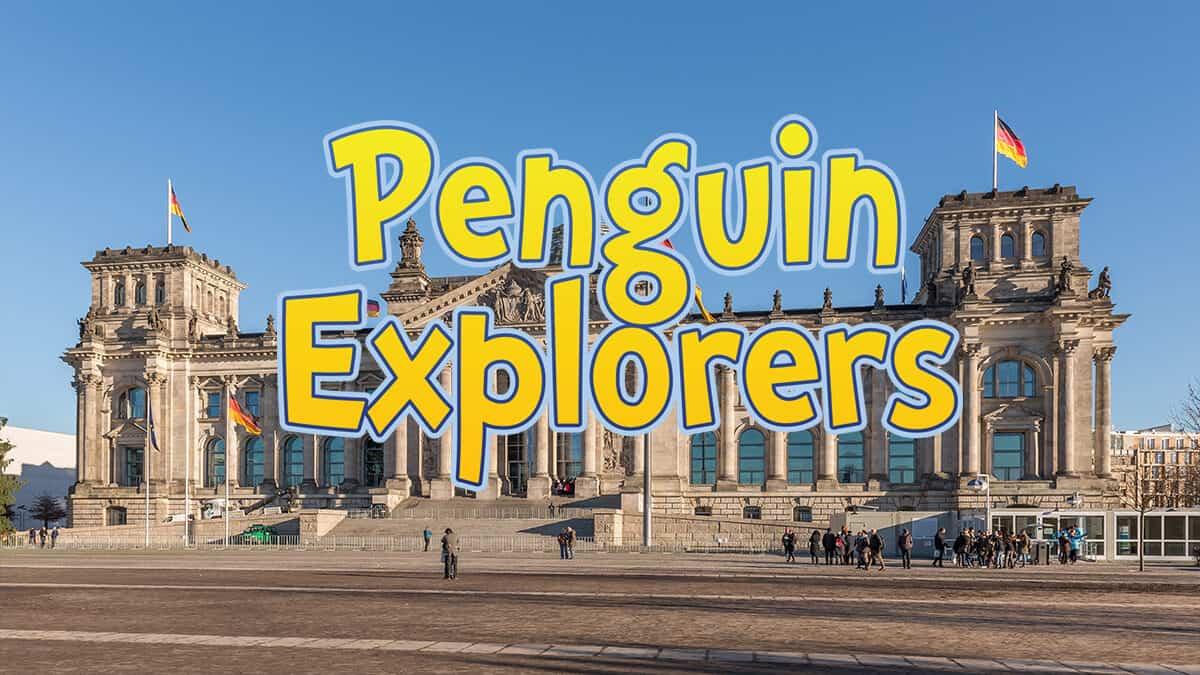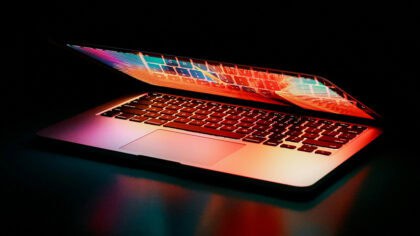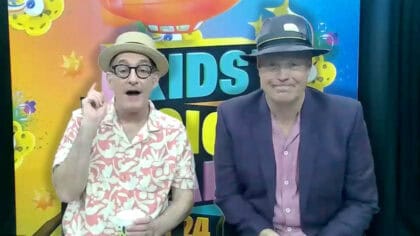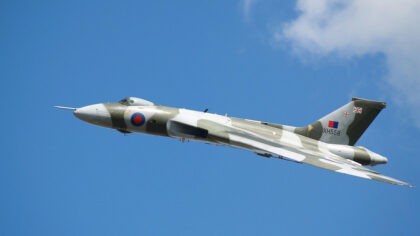
Hi, I’m Lucy Iflyalot, star of the Fun Kids series Penguin Explorers!
None of the penguins at Penguin School ever want to leave the iceberg – they don’t want to go on holiday! Anywhere!
But my family are world-famous explorers so I’m making some travel brochures to try and change their minds!
You’ve probably seen travel brochures in a travel agent. Tourist offices and travel companies create them to promote countries or regions of them.
Why don’t you make your own travel brochure with me?
Click here to learn how to make your own travel brochure!
Here’s some information about Germany to help get you started…

Germany
Key facts
Germany is at the centre of Europe and shares its borders with nine countries.

Capital Berlin
Largest City Berlin (3.5 million residents)
Language German
Currency Euro
Population 80.62 million (2013)
Germany has one of the largest populations of any European country.
Its territory stretches from the North Sea and the Baltic in the north to the Alps in the south and is traversed by some of Europe’s major rivers such as the Rhine, Danube and Elbe.

Germany is a federal republic. The lawmakers at the national level are the Bundestag, whose members are elected every four years by popular vote and the Bundesrat, which consists of 69 representatives of the 16 states (Bundesländer).
After the Second World War, Germany was divided into the democratic West and the Communist East (German Democratic Republic). The Berlin Wall became the symbol of this division. It fell in 1989 and Germany was reunited a year later.

German is the most widely spoken first language in the European Union. Germany is the world’s third largest economy, producing automobiles, precision engineering products, electronic and communications equipment, chemicals and pharmaceuticals, and much more besides.
Its companies have invested heavily in the central and east European countries which joined the EU in 2004.

As birthplace of Johann Sebastian Bach, Ludwig van Beethoven, Johannes Brahms and Richard Wagner, among others, Germany’s gift to European classical music is important. In thought and word, Germany’s huge heritage includes the works of Luther, Goethe, Schiller, Nietzsche, Kant, Brecht and Thomas Mann.
Germany is the second largest producer of hops in the world and the country is known for its quality beers. Wine is produced in the Moselle and Rhine valleys.
Facts:
Political system: Federal republic
Capital city: Berlin
Language: German
National day: 3 October – commemeroates the re-unification of Germany in 1990
Total area: 356 854 km²
Population: 82.5 million
Currency: euro
How to say Hello:
Guten Tag!
Click here to learn how to make your own travel brochure!
Listen to this episode of Penguin Explorers below…
Add a commentPenguin Explorers
Join Lucy as she learns about some of the great destinations to visit around the world!
More From Penguin Explorers






